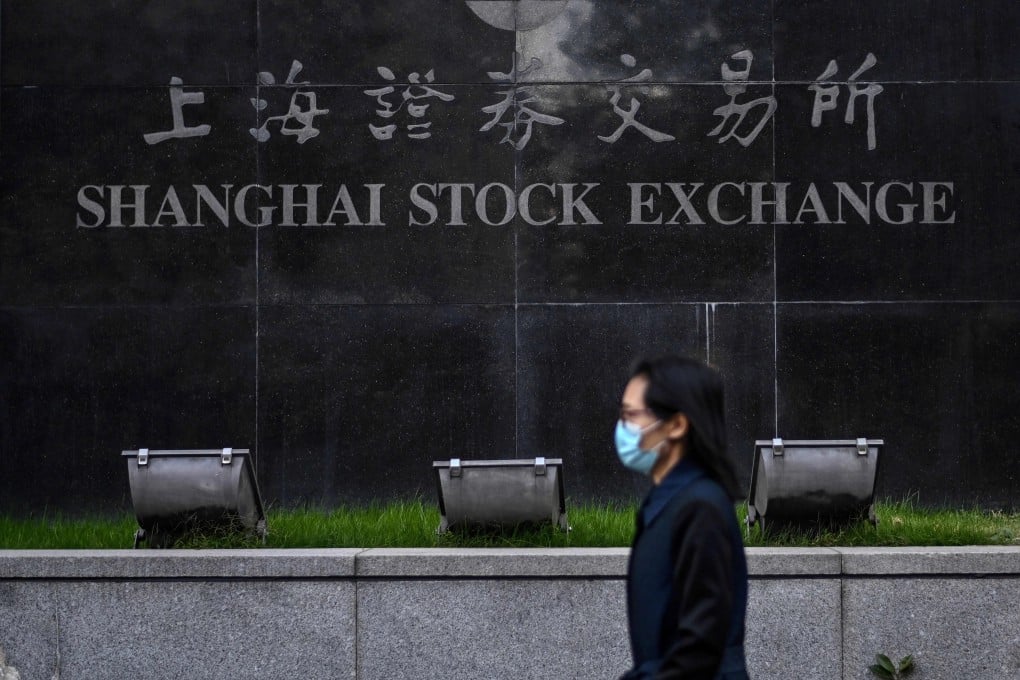China’s stock market anomaly gets PBOC scholars’ attention with model to fix ‘irrational behaviour’
- Local shares cost about 35 per cent more at home than in Hong Kong in study of companies with cross-listings from 2002 and 2020
- People's Bank of China researchers say exchange-rate and stock market reforms can help price discovery, narrow A-share premium

Three central bank scholars have suggested some measures to tackle the “irrational herding behaviour” behind the prices of 142 constituents in the Hang Seng AH Premium Index. The premium reached an 11-year high of 49.4 per cent on October 15, before easing to 38.6 per cent on Thursday.
“[The] Chinese equity market still lacks investor rationality and a degree of financial openness,” said Zhang Xuechun, who is the deputy director of the People’s Bank of China’s research bureau, who co-authored a working paper with Xu Ruihui and Liu Xue published last week. Certain policy measures could enhance price discovery at home and narrow the gap further, they suggested.
These include, among others, enhancing the yuan’s exchange-rate flexibility and stabilising currency expectation, as well as improving market connectivity and financial market openness, they said. Developing long-term institutional investors to reduce speculative transactions may also help, they added.
Zhang did not immediately reply to an email from the Post seeking further comments on their report and findings.
